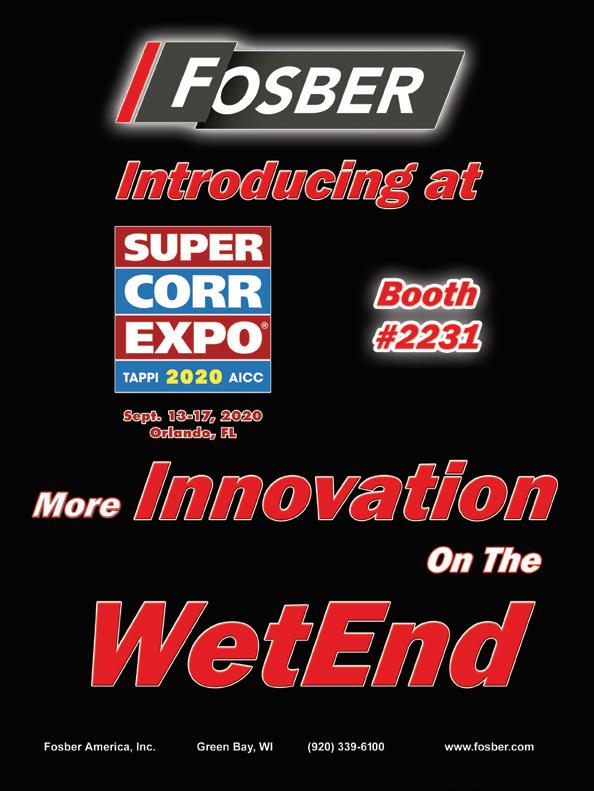
2 minute read
ANDRAGOGY
1 Part, 7 Packages
BY DIANA WHITAKER
Advertisement
For three years here at The Packaging School, we have been running the AutoPack Summit (APS), a one-day conference for stakeholders to discuss the innovations and challenges in automotive packaging. In that time, we’ve learned a few things about how packaging relates to the automotive industry—more than we even thought possible.
Corrugated boxes have a huge presence on the supply chain in the automotive industry. Consider that every small part that makes up a vehicle, on average, lives in seven packages throughout its lifespan, and each vehicle is made up of about 30,000 parts. This comes to about 70,000 boxes for one vehicle, if we’re conservative. This has such a big impact that Pratt, a prominent corrugated manufacturer, created a specific automotive subset of their business.
Corrugated boxes are some of the most frequently used packages in the automotive industry—for good reason. They are inexpensive to produce, easy to source, and lightweight, which brings down distribution costs. But because suppliers at each step of this process do not have the same packaging standards, these packages are discarded, and parts can be repackaged multiple times. This is becoming even more of an issue as online sales for aftermarket parts continue to grow. Online retailers of automotive parts (yes, including Amazon) must also have an understanding of the complex supply chain in order to deliver products in good condition and in accordance with manufacturer standards.
One of our goals at The Packaging School and at APS is to start a conversation around creating a shared packaging standard that suppliers and OEMs use throughout the supply chain. Imagine the efficiencies to be had if we embraced standardization.
One of the biggest takeaways from APS is how much more there is to cover than we can possibly get to in one day, and after repeated requests for continuing conversations on this topic, we started exploring ways to permanently archive the expert presentations given at the event and distribute them in the form of online education.
As we continue to raise awareness of the importance of packaging to the automotive industry, The Packaging School is working to provide accessible education on this specific topic to all stakeholders. In early March, we will roll out the Automotive Packaging Certificate, a program which is independent of AICC's free online education, the first
comprehensive online program on this subject. We’ve worked with subjectmatter experts from all areas of the supply chain to cover this extensive subject, including BMW, PakFab, Orbis, Senator International, IPS Packaging, and Zerust VCI. The goal for this certificate is that this accessible online education helps bring about a more efficient supply chain for automotive. For more information or to register for this program, you can visit www. packagingschool.com/automotive.
Diana Whitaker is the strategic projects lead at The Packaging School in Greenville, S.C. She can be reached at diana@ packagingschool.com.











